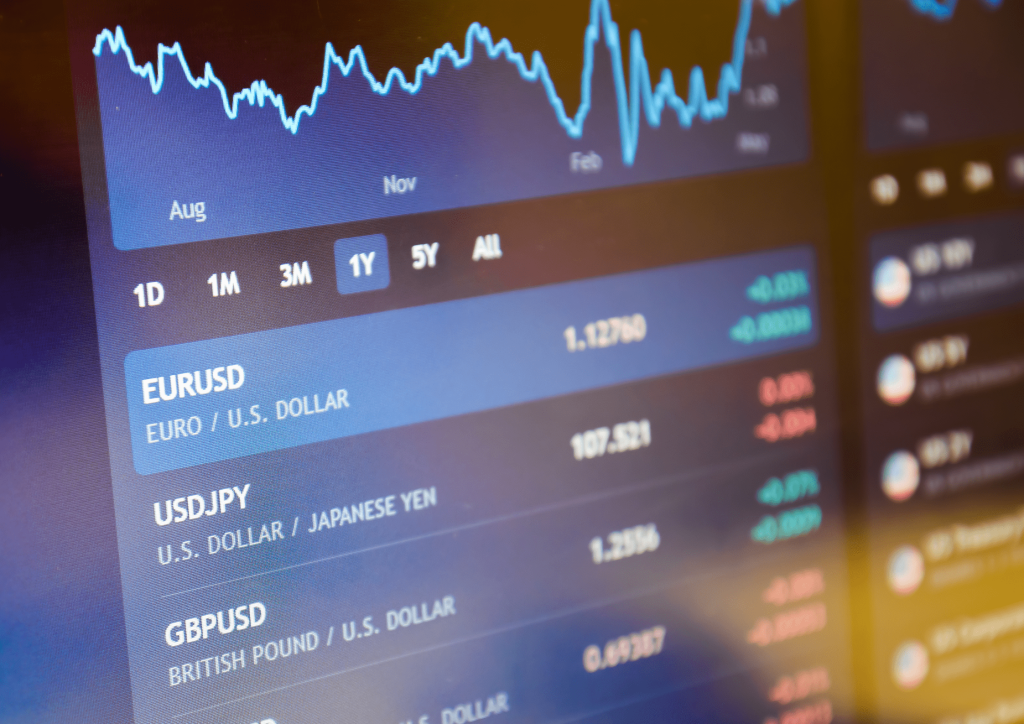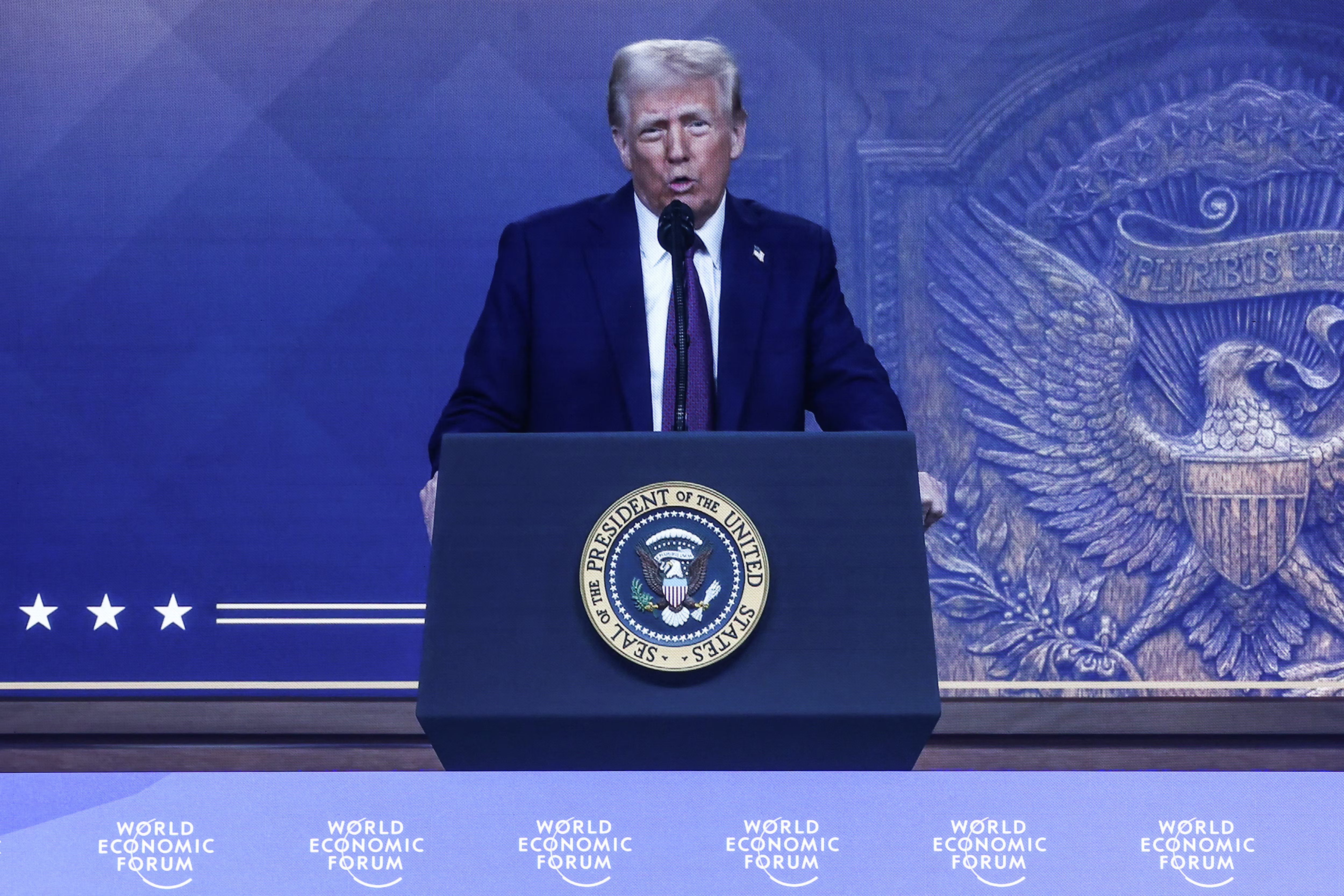Contents
ToggleOverview
The foreign exchange (forex) market is a vast and highly liquid financial market where currencies from around the world are traded. It operates 24 hours a day, five days a week, and facilitates the exchange of trillions of dollars on a daily basis.
One of the key factors that influence the forex market is geopolitical events. Geopolitical events refer to significant political, social, or economic occurrences that take place on a global scale.
These events have the potential to create ripples in the forex market, impacting currency values and exchange rates.
Throughout history, geopolitical events have played a crucial role in shaping the forex market. Political changes, such as elections, transitions of power, or policy shifts, can have a profound impact on currency values.
For example, a change in government leadership or a shift in economic policies can create uncertainty among investors, leading to volatility in the forex market.
Conflicts and geopolitical tensions also influence forex markets. Instances of armed conflicts, trade wars, or diplomatic disputes between nations can disrupt economic stability and impact currency values.
For instance, trade tensions between major economies can lead to the imposition of tariffs or trade restrictions, affecting the flow of goods and services and subsequently impacting exchange rates.
Geopolitical events can cause significant fluctuations in currency values, resulting in both risks and opportunities for traders. Traders need to stay informed and closely monitor global political developments to make informed trading decisions.
The ability to analyze the potential impact of geopolitical events on currency values is a key skill in forex trading.
Also Read: What Is Stagflation – The Best Guide
Geopolitical Events and Forex Market Volatility

Geopolitical events have a direct impact on the volatility of the forex market. Volatility refers to the degree of fluctuation or instability in currency prices.
When geopolitical events occur, they can disrupt the equilibrium of supply and demand in the forex market, leading to rapid and significant price movements in currency pairs.
Elections are a prime example of geopolitical events that can induce market volatility. The outcome of elections, especially in countries with significant economic influence, can introduce uncertainty and potential policy shifts.
Traders closely monitor political campaigns, polls, and election results to gauge the potential impact on currency pairs. As election results unfold, market participants may adjust their positions and strategies, causing sharp movements in exchange rates.
Geopolitical conflicts, such as wars or territorial disputes, also have a profound effect on forex market volatility. These events create uncertainty and risk, prompting investors to reassess their positions.
Escalation or de-escalation of conflicts can lead to rapid changes in sentiment, resulting in increased market volatility.
Trade disputes between countries can significantly impact forex market volatility as well. When nations engage in trade tensions, such as imposing tariffs or retaliatory measures, it can disrupt global trade flows and economic stability.
The currency values of countries involved in such disputes may experience heightened volatility due to the uncertainty surrounding future trade agreements and economic relationships.
Government policy changes, particularly those related to economic or fiscal policies, can also drive forex market volatility. Announcements of new regulations, taxation measures, or shifts in economic strategies can impact investor sentiment and currency values.
Traders closely monitor these policy changes and assess their potential effects on the overall economic landscape, leading to market reactions and increased volatility.
Central bank decisions play a crucial role in shaping forex market volatility. Geopolitical events can influence central bank policies, including changes in interest rates or the implementation of quantitative easing measures.
Central banks closely monitor geopolitical developments and may adjust their monetary policies accordingly to stabilize their economies. These decisions can have a direct impact on currency values and result in increased volatility.
It is important for forex traders to understand how each type of geopolitical event can affect market volatility. By staying informed about ongoing geopolitical developments and assessing their potential impact on currency pairs, traders can adapt their strategies and risk management approaches to navigate the increased volatility.
Additionally, utilizing tools such as technical analysis, fundamental analysis, and risk management techniques can help traders anticipate and respond effectively to changes in forex market volatility induced by geopolitical events.
Safe-Haven Currencies

Safe-haven currencies are currencies that investors turn to during times of geopolitical uncertainty or market turbulence. These currencies are perceived as relatively stable and reliable, making them attractive for investors seeking to protect their capital in times of heightened risk. The following currencies are widely recognized as safe-haven currencies:
U.S. Dollar (USD)
The U.S. dollar is considered the world's primary reserve currency and holds a prominent safe-haven status. The stability of the U.S. economy, the depth of its financial markets, and the global acceptance of the dollar contributed to its safe-haven appeal.
During times of geopolitical unrest, investors often shift their funds into U.S. dollar-denominated assets, leading to increased demand and a strengthening of the currency.
Japanese Yen (JPY)
The Japanese yen is known for its safe-haven characteristics. Japan has a large domestic savings base, and Japanese investors tend to repatriate their funds during times of global uncertainty.
This repatriation of capital can lead to an appreciation of the yen. Additionally, the Bank of Japan's conservative monetary policy approach and Japan's status as a net creditor nation contribute to the yen's safe-haven status.
Swiss Franc (CHF)
The Swiss franc is widely regarded as a safe-haven currency. Switzerland has a long-standing reputation for political neutrality, stability, and a strong financial system.
During periods of geopolitical turmoil, investors often seek refuge in Swiss franc-denominated assets, which can lead to a strengthening of the currency. The Swiss National Bank's monetary policy decisions also influence the franc's safe-haven status.
Euro (EUR)
While not consistently considered a safe-haven currency, the euro can exhibit safe-haven characteristics under certain circumstances.
The eurozone's economic stability, the euro's status as a major global currency, and the European Central Bank's efforts to maintain financial stability contribute to its safe-haven appeal.
During times of regional stability or when other major currencies experience turbulence, the euro may attract investors seeking a safe-haven alternative.
Impact on Major Currency Pairs

Geopolitical events have a significant impact on major currency pairs, influencing their exchange rates and price movements. The following are specific examples of how different geopolitical events affect major currency pairs:
Elections
Elections can cause significant fluctuations in currency values, especially when there is uncertainty surrounding the outcome. Traders closely monitor political campaigns, polls, and election results to gauge the potential impact on currency pairs.
Elections can influence economic policies, trade relationships, and market sentiment, which in turn affect currency values. For instance, a change in political leadership with different economic priorities can lead to shifts in market expectations and subsequent currency movements.
Real-world examples include the impact of the U.S. presidential elections on the USD, the UK general elections on the GBP, or the German federal elections on the EUR.
Trade Disputes and Tariffs
Trade tensions between countries, the imposition of tariffs, or the signing of trade agreements can significantly affect the value of the currencies involved. The currencies of nations engaged in trade disputes may depreciate due to increased uncertainty and potential disruptions in trade flows.
On the other hand, the currencies of nations resolving disputes or reaching trade agreements may strengthen. Trade-related geopolitical events impact major currency pairs such as USD/CNH (U.S. dollar against the Chinese yuan), USD/JPY (U.S. dollar against the Japanese yen), or EUR/USD (euro against the U.S. dollar).
Political Stability and Unrest
Political stability or unrest in a country has a direct impact on its currency. Stable political environments are generally favored by investors, leading to a stronger currency, as they inspire confidence in economic prospects.
In contrast, political turmoil, social unrest, or political crises can weaken a currency. Major currency pairs affected by political stability or unrest include GBP/USD (British pound against the U.S. dollar) during Brexit negotiations or USD/ZAR (U.S. dollar against the South African rand) during political unrest in South Africa.
Central Bank Policies
Geopolitical events can influence central bank decisions and monetary policies. In times of uncertainty, central banks may adopt accommodative monetary policies to stabilize the economy and mitigate potential risks.
This can impact the value of their respective currencies. For example, interest rate decisions, quantitative easing measures, or forward guidance by central banks can influence major currency pairs.
The actions of central banks such as the U.S. Federal Reserve (Fed), European Central Bank (ECB), or Bank of Japan (BoJ) can have a direct impact on currency pairs like EUR/USD, USD/JPY, or EUR/JPY.
Fundamental Analysis and Geopolitical Events

Fundamental analysis is a key approach used by forex traders to evaluate the intrinsic value of currencies. It involves analyzing economic, financial, and geopolitical factors to assess the overall health and outlook of a country's economy and its currency.
Geopolitical events play a vital role in fundamental analysis as they can have significant implications for currency values. Traders need to analyze news, political developments, and policy decisions to anticipate how geopolitical events might impact forex markets.
News and Political Developments
Geopolitical events often generate news and political developments that can influence currency values. Traders closely monitor global news sources, government announcements, and geopolitical analyses to stay informed about events that may impact forex markets.
News related to political stability, conflicts, policy changes, and international relations can all have an impact on currency values. By analyzing the potential implications of these events, traders can anticipate market reactions and adjust their trading strategies accordingly.
Policy Decisions
Geopolitical events can lead to changes in government policies, regulations, and economic strategies. These policy decisions can have direct or indirect effects on a country's currency.
For example, fiscal policies, such as tax reforms or government spending plans, can impact economic growth and inflation expectations, influencing the currency's value.
Central bank policies, including interest rate decisions and quantitative easing measures, are also influenced by geopolitical events. By evaluating the impact of policy decisions stemming from geopolitical events, traders can make more informed predictions about currency movements.
Economic Indicators
Geopolitical events can impact a country's economic indicators, which are critical components of fundamental analysis. Economic indicators, such as GDP growth, inflation rates, employment data, and trade balances, provide insights into the overall health and performance of an economy.
Geopolitical events can disrupt economic activity, alter consumer and investor confidence, and influence economic indicators. Traders need to assess how geopolitical events may affect economic indicators to gauge the potential impact on currency values.
For example, geopolitical tensions that disrupt trade flows can impact a country's export/import figures, affecting its currency's value.
Risk Assessment

Forex traders must take into account and incorporate geopolitical events' level of risk and unpredictability into their trading tactics. Geopolitical events are evaluated for their possible dangers as well as their potential effects on currency values as part of the risk assessment process.
Here's how traders evaluate risks and come to wise decisions:
Political Instability
A nation's currency may suffer greatly as a result of political instability. In order to analyze potential risks, traders consider political, social, and governmental stability.
The foreign exchange market may experience volatility and uncertainty due to elements like political upheaval, societal uprisings, or changes in governmental leadership. Traders can modify their positions as necessary by being aware of the potential effects of political unrest.
Geopolitical conflicts, such as wars, territorial disputes, or terrorist attacks, can have a significant effect on currency values. Market volatility and abrupt price changes may increase as a result of geopolitical tensions.
The potential hazards must be taken into account by traders when developing their risk management plans.
Policy Shifts
Geopolitical events frequently lead to changes in policy, such as adjustments to trade agreements, laws, or economic policies. Traders evaluate the dangers that could be brought on by these changes in policy and how they might affect currency values.
For instance, abrupt trade-related policy changes can sour investor moods and trigger large currency moves. Traders can make wise selections by keeping track of policy changes and analyzing their effects.
Economic Impact
Geopolitical developments may have broad economic repercussions, which may affect currency values. Traders assess how geopolitical events might affect the economy through changes to trade relations, investment flows, or market mood.
Economic metrics that shed light on the economic effects of geopolitical events include GDP growth, inflation rates, and employment statistics. Traders can evaluate the risks involved by taking into account the potential economic consequences.
Short- and long-term repercussions
Traders must take into account both the immediate and long-term effects of geopolitical events. The effects of some events on currency values may be instantaneous and transient, while those of others may result in long-term patterns.
In order to modify their trading tactics appropriately, traders evaluate the impact's length and magnitude.
Risk Management methods
After assessing the dangers posed by geopolitical events, traders put risk management methods into place to safeguard their positions. Setting suitable stop-loss orders, using hedging tactics, diversifying portfolios, and using position sizing procedures are all examples of risk management techniques.
These tactics aid in reducing possible losses and offer defense against negative market movements brought on by geopolitical events.
Also Read: What Is Chain Games Crypto?
Conclusion
In conclusion, the influence of geopolitical events on forex markets cannot be overlooked. These events, including political changes, conflicts, and economic policies, have a significant impact on currency values and exchange rates.
Traders must stay informed about global political developments and understand how these events can potentially affect currency markets.
By combining fundamental analysis, which assesses the intrinsic value of currencies based on economic and geopolitical factors, with technical analysis, which identifies patterns and trends in price movements, traders can gain a comprehensive understanding of the forex market.
It is important to adapt technical analysis strategies during times of increased volatility caused by geopolitical events, considering the potential disruptions to established patterns.
Integrating fundamental analysis with technical analysis provides a more comprehensive perspective on currency dynamics and helps traders make informed trading decisions.
By considering factors such as the global economy, world trade organization policies, geopolitical risks, supply chains, and emerging markets, traders can gain valuable insights into the potential impacts of major geopolitical events on currency values.
Factors such as diplomatic relations, developments in the Middle East, and future events can also influence currency markets. Moreover, climate change, energy transition, fuel prices, and the Arab Spring are among the key themes that can shape the forex market.
Understanding the interplay between these factors and currency movements is crucial in navigating a multipolar world where geopolitical risks play a major role.
Traders should also assess the impact of events in Central Asia and other countries on global supply chains and international trade.
Furthermore, keeping an eye on inflationary pressures and securing alternative sources in the face of evolving geopolitical risk can contribute to making more informed trading decisions.
Frequently Asked Questions
How do geopolitical events affect emerging market currencies?
Geopolitical events can have a significant impact on emerging market currencies. These currencies tend to be more vulnerable to global uncertainties and market sentiment shifts. Political instability, conflicts, and economic policy changes in emerging market economies can lead to increased volatility and potential depreciation of their currencies.
Can geopolitical events create trading opportunities in forex markets?
Yes, geopolitical events can create trading opportunities in forex markets. Sudden shifts in currency values caused by geopolitical events can present potential profit opportunities for traders who can accurately anticipate and respond to these changes. However, it is important to note that trading during such events carries higher risks, and careful analysis and risk management are essential.
How can geopolitical events influence safe-haven and risk currencies?
Geopolitical events can impact both safe-haven and risk currencies. Safe-haven currencies, such as the U.S. dollar, Japanese yen, and Swiss franc, tend to strengthen as investors seek lower-risk assets during uncertain times. On the other hand, risk currencies, typically associated with economies more exposed to global trade and commodity prices, may weaken due to increased market volatility and risk aversion. The interplay between geopolitical events and currency categories can lead to shifts in their relative strengths and weaknesses.















